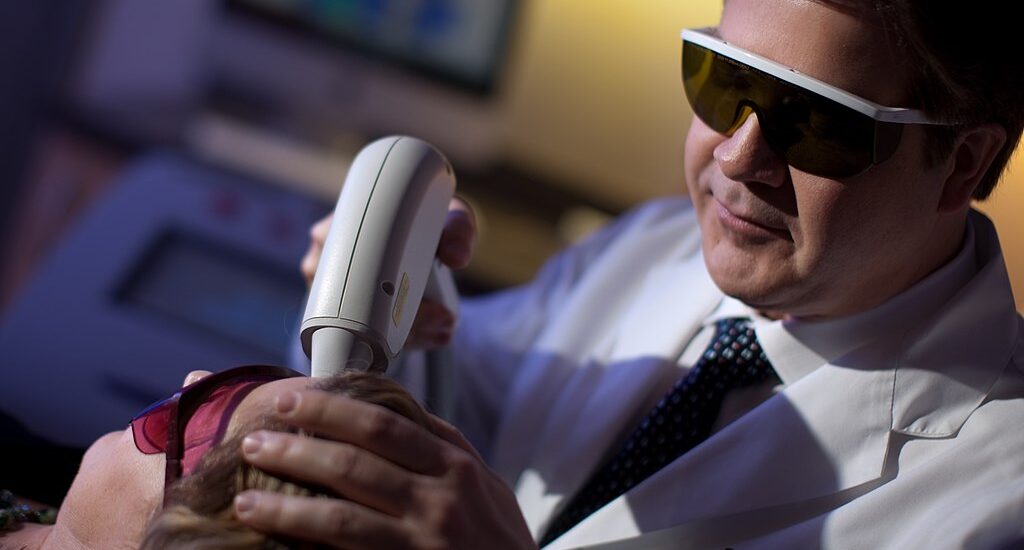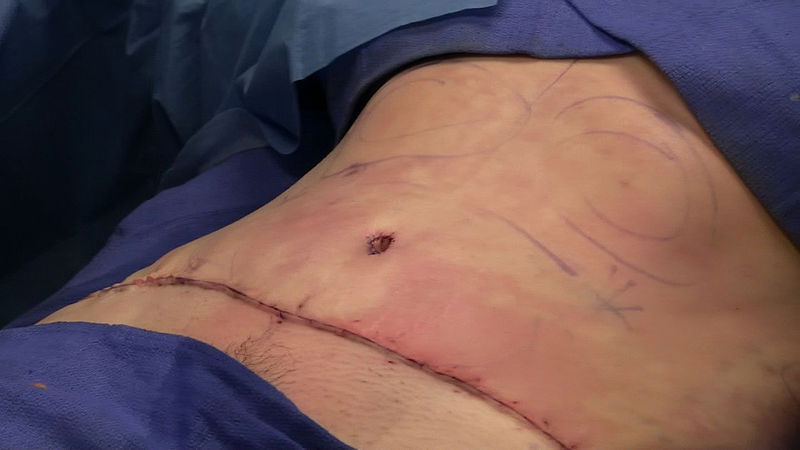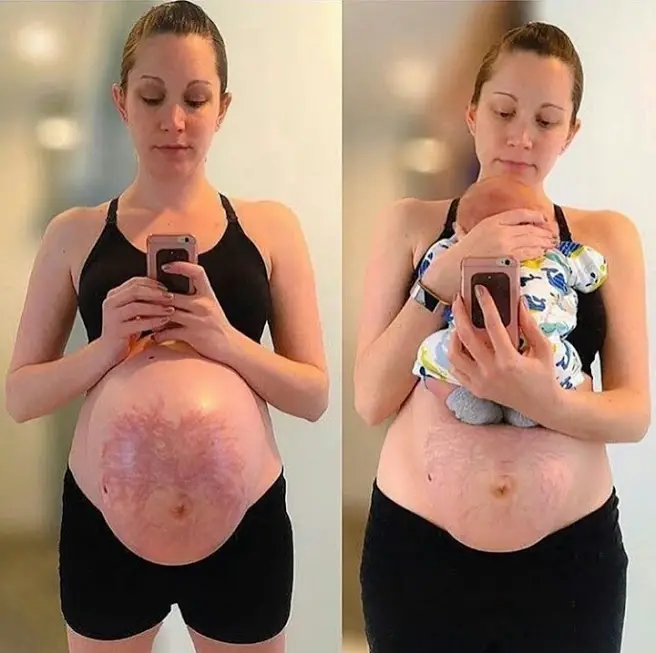If you’re contemplating laser hair removal, the question “Can you get skin cancer from laser hair removal?” has probably crossed your mind. Many are concerned about the long-term health implications of this popular cosmetic procedure. This guide is designed to provide a detailed, science-backed answer to this crucial question.

Table of Contents
Understanding the Laser Hair Removal Process
The laser hair removal process begins with a laser machine emitting a specific wavelength of light. This light penetrates your skin and focuses on the melanin in the hair follicles. The light energy converts into heat energy, which damages or destroys the hair follicles, impeding future hair growth. The treatment may require multiple sessions depending on the area being treated and the hair’s coarseness.
While the goal is to target hair follicles, the surrounding skin generally remains unaffected because the laser wavelength is chosen specifically for its ability to focus on melanin. However, some skin irritation and redness can be expected after treatment. Over time, these side effects usually subside.
Is the Laser Used in the Treatment Ultraviolet Light?
No, the lasers used in hair removal are not of the ultraviolet (UV) variety. UV rays are a known risk factor for skin cancer. Instead, laser hair removal often employs near-infrared radiation, which has a longer wavelength than UV rays. This makes it less likely to damage cellular DNA in a way that could lead to cancer. (Source)
Can You Get Skin Cancer from Laser Hair Removal?
There is currently no scientifically-backed evidence to suggest that laser hair removal procedures contribute to the onset of skin cancer. Extensive research and reviews on the safety of laser hair removal treatments have been conducted, and the procedure is generally considered to be safe when performed by certified professionals.
While ongoing long-term studies are required to make a conclusive judgment, the current medical consensus does not indicate a link between laser hair removal and skin cancer. (Source)
Check out these other articles…
Exfoliate Skin After Laser Hair Removal: Comprehensive Guide
Itchy Skin After Laser Hair Removal: 3 Causes & Remedies
My Skin Burns After Laser Hair Removal: 3 Causes & Remedies
Red Skin After Laser Hair Removal: Comprehensive 411 Guide
Is Skin Smooth After Laser Hair Removal? The Ultimate Answer
Lumps Under Skin After Laser Hair Removal: Causes & Remedies
Safety Precautions to Consider
Even though the risk appears to be low, it’s prudent to take certain safety precautions when undergoing laser hair removal. Here’s a more detailed look at each:
Consult a Qualified Dermatologist: Prior to the procedure, seek the advice of a dermatologist who can evaluate your skin type and any unique risk factors you might have.
Choose a Certified Facility: Always opt for a facility that meets all safety and cleanliness standards. The technicians should be certified in laser hair removal treatments, and the equipment should be up-to-date and well-maintained.
Follow Pre and Post-Treatment Care: Pre-treatment care may include avoiding sun exposure and certain medications. Post-treatment care often involves applying soothing lotions and avoiding harsh skin treatments until the skin has fully recovered.
All these precautions can significantly mitigate any potential risks, ensuring a safe and effective treatment.


